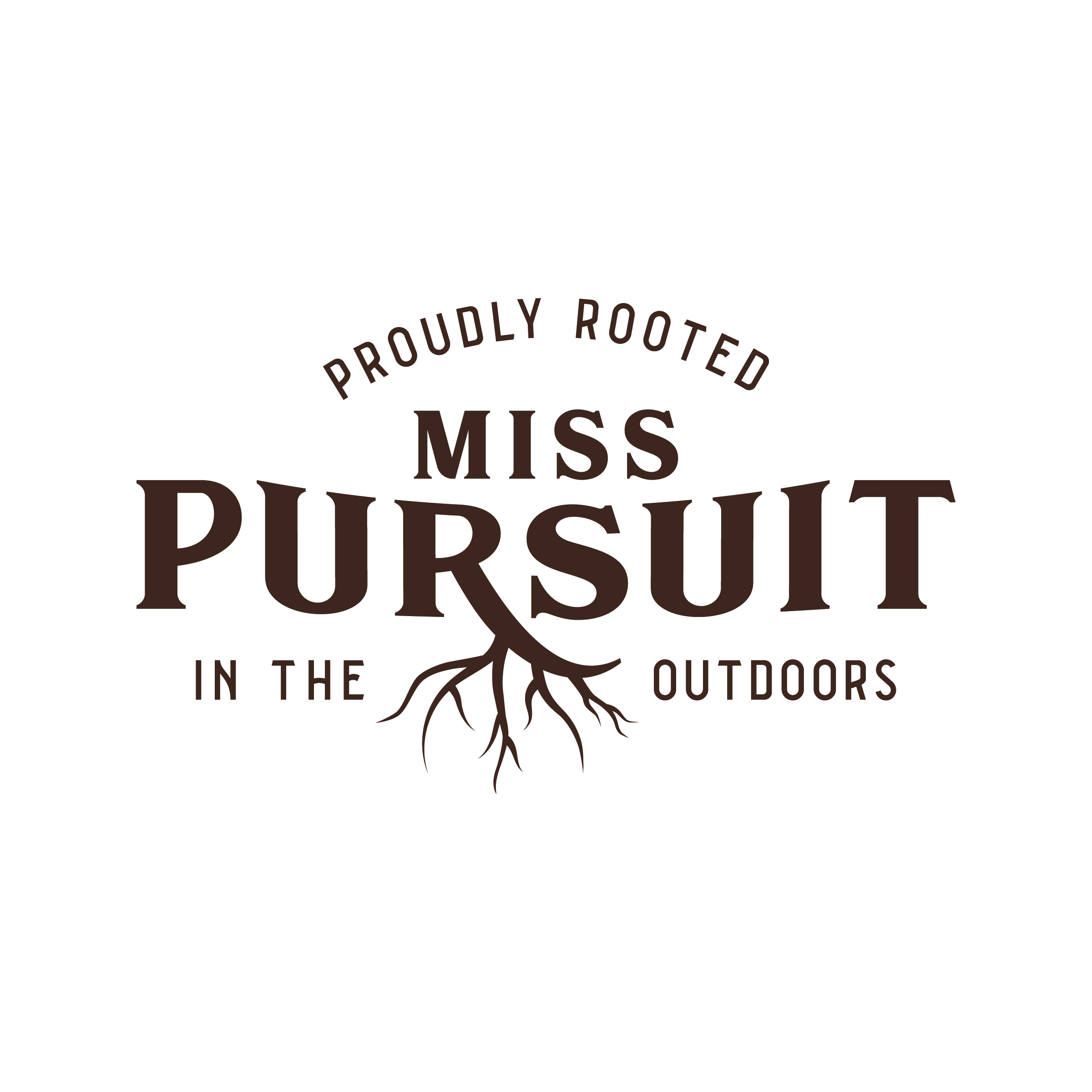If you are about to embark on your very first hunting trip, you probably have lots of questions buzzing through your mind. Unsurprisingly, the majority of them are likely directly connected to your safety and the safety of the people joining you on the hunt.
In order to ensure everyone’s safety while hunting, here are the eight tips to keep in mind at all times.
Know Your Gear and Equipment
Before you even set out on your hunting tip, make sure you are completely familiar with your weapons and all of your gear. The items you should take hunting have to be in good working order and properly cleaned. You need to know exactly how to use them, how to control them, and what you can expect from them.
You should also make sure you have chosen the proper gun. For example, a standard pistol is not the best choice for hunting deer: a rifle is what you need. Research weapons and ask an experienced hunter to recommend the best tool for every task.
Make sure every member of the party understands each other’s gear and isn’t surprised by its action or sound.
Take Gun Safety to Heart
Never for a second should you forget the gun safety basics:
- The safety must be on at all times until the very moment you are about to fire.
- Treat every gun as if it’s loaded, especially if it’s not yours.
- Don’t underestimate the velocity of a ricochet.
- The gun should always be pointed away from yourself and others, whether or not it is loaded and whether or not the safety is engaged.
- Maintain your weapons regularly, and not just before setting out on a hunting trip. This will ensure they stay accurate and safe.
- Every member of the hunting party should have taken at least one gun safety class.
If a fellow hunter forgets any of these rules, make sure to remind them and insist on safety first.
Mind Your Step
The majority of hunting accidents, perhaps surprisingly, have nothing to do with guns. In fact, most hunters get injured by falling or tripping.
Whichever ground you are trekking across, always be mindful of your surroundings. Be careful where you step, and judge heights and distances fairly. If you can’t make a climb or need to take a break, let others know.
Mind Your Heart
Hunters are at an increased risk of heart attack due to the combined effects of the excitement and the strenuous walk, as well as the often cold weather conditions.
Make sure to understand the warning signs:
- Pressure or pain in the chest
- Chest pain that radiates to the neck, shoulders, or arms
- Nausea, dizziness, sweating, feeling faint
Make sure to have plenty to drink and stick to water. Don’t drink alcohol, as it can dull your senses or make you overly excitable. Make sure to eat regularly and don’t put any undue strain on your body. Be realistic about your abilities and limitations.
Let Someone Know Where You Are
When going hunting, always let a friend or family member know exactly where you intend to go and where you will park your car. Give them a rough itinerary and timeframe. While you may not have cell reception at all times, make sure to check in with them regularly.
Set up an emergency response system in case you have been unresponsive for a certain amount of time.
Make sure to also carry two-way radios and whistles with you so that other members of your party can easily locate you and you don’t get separated. While you will understandably venture out on your own, you need an easy way to find each other. GPS apps can be of huge help.
Learn Basic First Aid
In case an accident does happen, knowing the basics of CPP and first aid can save a life or at least help someone who has sprained an ankle, for example.
Always carry a first aid kit and know how to use it. Learn the basics of dressing wounds and bites, and know exactly where you need to turn to get help in the area you are located in. Write down the relevant phone numbers, and send them to your friends or family too, so that they can help locate you in case of emergency.
Be Sure Of Your Target
It is entirely your responsibility to know what is in front of, behind, and near your target. Unless you are absolutely certain and ready to stake your own life on all three being clear, don’t take the shot.
Wear Protective Gear and Be Orange
Your eyes, ears, and hands need to be protected during a hunt. You don’t want to get hearing damage from your firearm, and you also don’t want any discharge to damage your eyes. Wear the appropriate gear at all times.
Make sure to dress for the weather as well, and don’t underestimate the cold. Even if you feel warm while moving, you can get hypothermia quickly.
Finally, always blaze orange: camouflage will hide you from your prey, but it will also conceal you from other hunters.
Wrapping Up
Keep these safety tips in mind when going on a hunting trip. Some of them may sound tedious and overbearing, but they will ensure that you and your fellow hunters come home filled with tales of your process and not, well: you get where the pun is headed.

